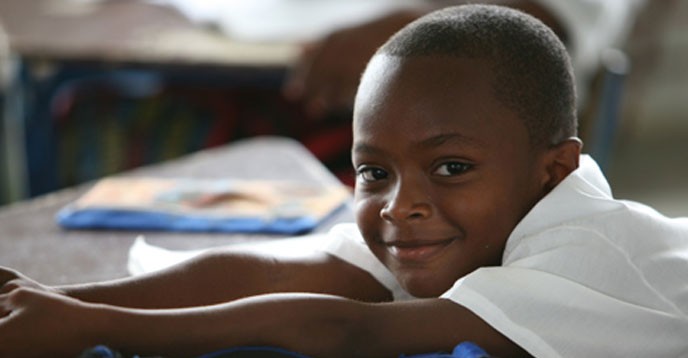right-to-education-9th_consultationcunesco-ministerio_de_educacion.jpg

UNESCO regularly monitors the implementation of its standard-setting instruments through periodic consultations. UNESCO has so far conducted eight consultations and is now launching the 9th Consultation.
By launching a consultation, UNESCO requests Members States to submit reports on the measures taken in order to implement the instruments (Conventions for countries that have ratified and Recommendations for all Member States).
The Convention and Recommendation, which celebrated their 55th anniversary in 2015, reflects UNESCO’s constitutional mission of instituting collaboration among nations to “advance the ideal of equality of educational opportunities without regard to race, sex or any distinctions, economic or social.”
The purpose of these instruments, a cornerstone of Education 2030 Agenda, is the elimination of discrimination in education alongside the adoption of concrete measures aimed at promoting equality of opportunities and treatment in this field.
The monitoring of the right to education in the context of Education 2030 and the Sustainable Development Agenda is of crucial importance to guarantee government accountability and transparency.
- View the text of the Convention
Under Article VIII of the Constitution of UNESCO, Member States are required to submit a report on the legislative and administrative provisions they have adopted and on other measures taken to implement the conventions and recommendations.
In accordance with UNESCO procedures, Member States are requested to submit such reports every four years.
The purpose of reporting is to illustrate actions taken to implement the instruments, progress and difficulties encountered by Member States.
When?
In February 2016, UNESCO Director-General requested Member States to submit national reports on the measures taken for the implementation of the two instruments.
An analytical report synthesizing the country reports will be prepared and submitted to the Executive Board and the General Conference in 2017.
An extensive report on the results of the previous Consultation is available for information in 6 languages: Arabic, English, French, Spanish, Chinese, Russian
How?
Guidelines for the Preparation of reports were prepared and approved by the Executive Board in October 2015.
These Guidelines provide necessary orientations for the preparation of the report.
The Recommendation is monitored in conjunction with the Convention. The reporting obligation under the provisions of Article VII of the Convention and of the Recommendation is the same.
Why?
UNESCO’s Member States are constitutionally obliged to report to the Organization on the implementation of UNESCO’s instruments. Participation in consultations also offers an opportunity to assess progress and identify challenges, build constructive dialogue with all stakeholders including civil society, and share good practices.
The recently launched Global Database on the Right to Education is notably enriched by information provided in the context of national consultations.
A compendium of interesting practical examples in implementing the provisions of the Convention and the Recommendation based on the 8th consultation has recently been published.
The examples are taken from national State reports submitted to UNESCO and serve as an essential tool for information-sharing and advocacy in connection with the right to education.
In addition, based on the 8th Consultation, three thematic mappings were published:
- Girl’s and women’s right to education – ‘overview of the measures supporting the RTE for girls and women reported on by Member States’
- Right to education for persons with disabilities – ‘overview of the measures supporting the right to education for persons with disabilities reported on by Member States’
- Teachers and the Right to education – ‘overview of the Measures Supporting the Rights, Status and Working Conditions of the Teaching Profession reported on by Member States’
More information
On the Convention and the Recommendation
- Ten reasons why the Convention against Discrimination in Education is highly significant in today's world
- Significance of the Convention against Discrimination in Education
- Commentary on the Convention against Discrimination in Education
- Comparative analysis between UNESCO’s Convention against Discrimination in Education and Articles 13 and 14 of the International Covenant on Economic, Social and Cultural Rights
- The right to education
- List of states parties to the Convention
On monitoring
